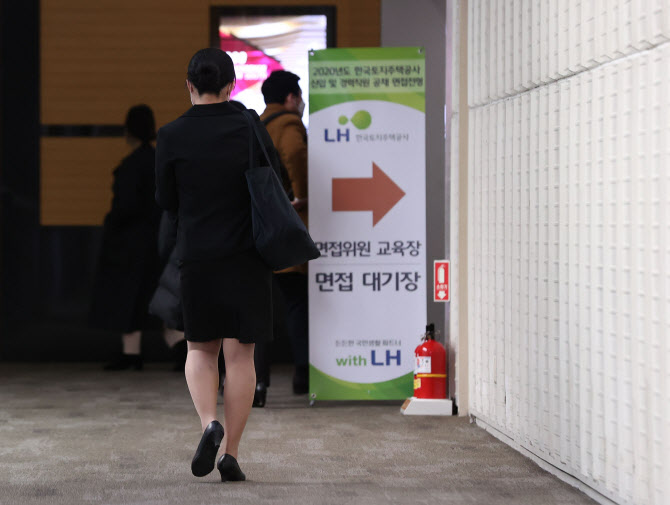|
[세종=이데일리 원다연 기자] “If it’s not a gold spoon anyway… .”, “What channel is the soil spoon… .”
Depending on the generation, the factors that look at the most important factors for social success differed greatly. One in three people in their 30s viewed’family background’ as the most important factor for success, while in their 60s, talent was the most important.
According to a poll conducted by the Korea Development Institute (KDI) on the 10th through’Nara Economy in December’, 30.2% of people in their 30s chose’the background of the family’ as the most important factor for success in our society. The survey was conducted with 500 people aged 30 and 60 each to find out the difference in values between generations. Talent was followed by 23.5%, followed by personal connections (12.1%) and effort (11.0%) as important factors.
Among respondents in their 30s, 42.8% of respondents said that the possibility of their socio-economic status increasing according to individual efforts was’low’ (slightly low, very low). Only 21.4% of respondents said that the probability is’high’ (slightly high, very high).
On the other hand, among those in their 60s, 23.7% of them cited’talent’ as the most important factor for social success. Next, family background (19.1%), personal connections (17.6%), academic background (15.3%), and effort (14.4%) were ranked as important factors.
Of the respondents in their 60s, 32% said that there is a high possibility that their socio-economic status will increase according to individual efforts. Low (31.4%) is a relatively high percentage of respondents.
The standards for people in their 30s and 60s to see’a happy life’ were also greatly diverged.
Half of the respondents in their 30s (50.0%) rated the’life of doing what I want to do’ as a happy life. After that, 31.8% of them cited’economically affluent life’ as a happy life. Only 14.0% of the respondents responded to’Life of a Happy Family’.
On the other hand, in their 60s, the percentage (38.2%) who answered that’life that makes a happy family’ is a happy life was the highest. This was followed by’life that I want to do’ (37.8%), and only 16.4% of respondents said that an economically abundant life is a happy life.
Kim So-hee, a researcher at KDI’s Public Opinion Analysis Team, said, “30-year-olds emphasize the current individual life, 60-year-olds value future community life. If it raises the possibility of raising the class and provides a welfare foundation for those aged 60 to prepare themselves for retirement, the future for both 30 and 60 will be more positive than now.”
|


